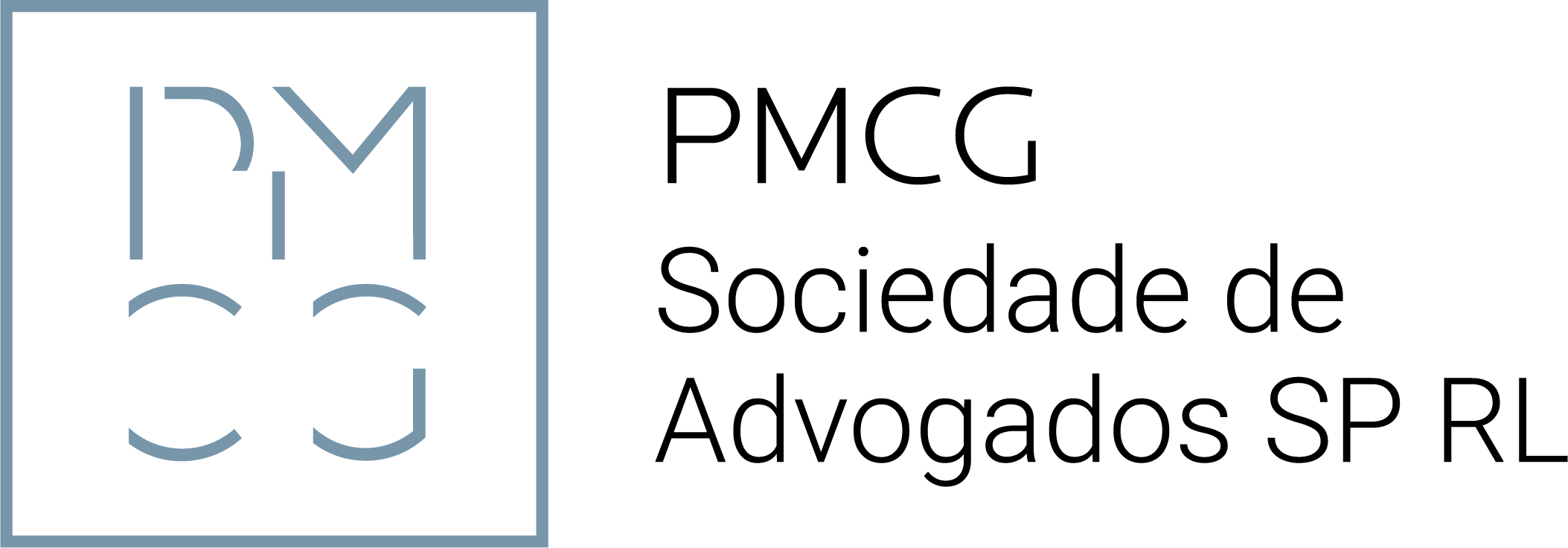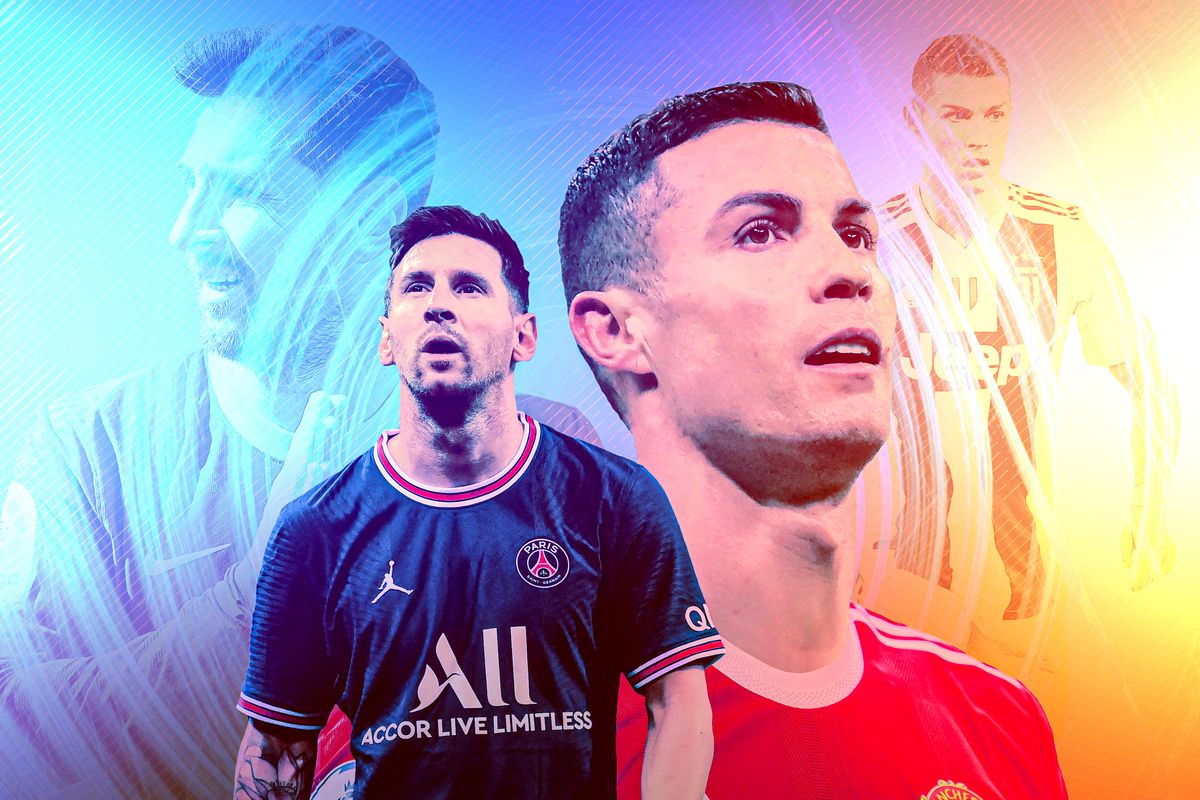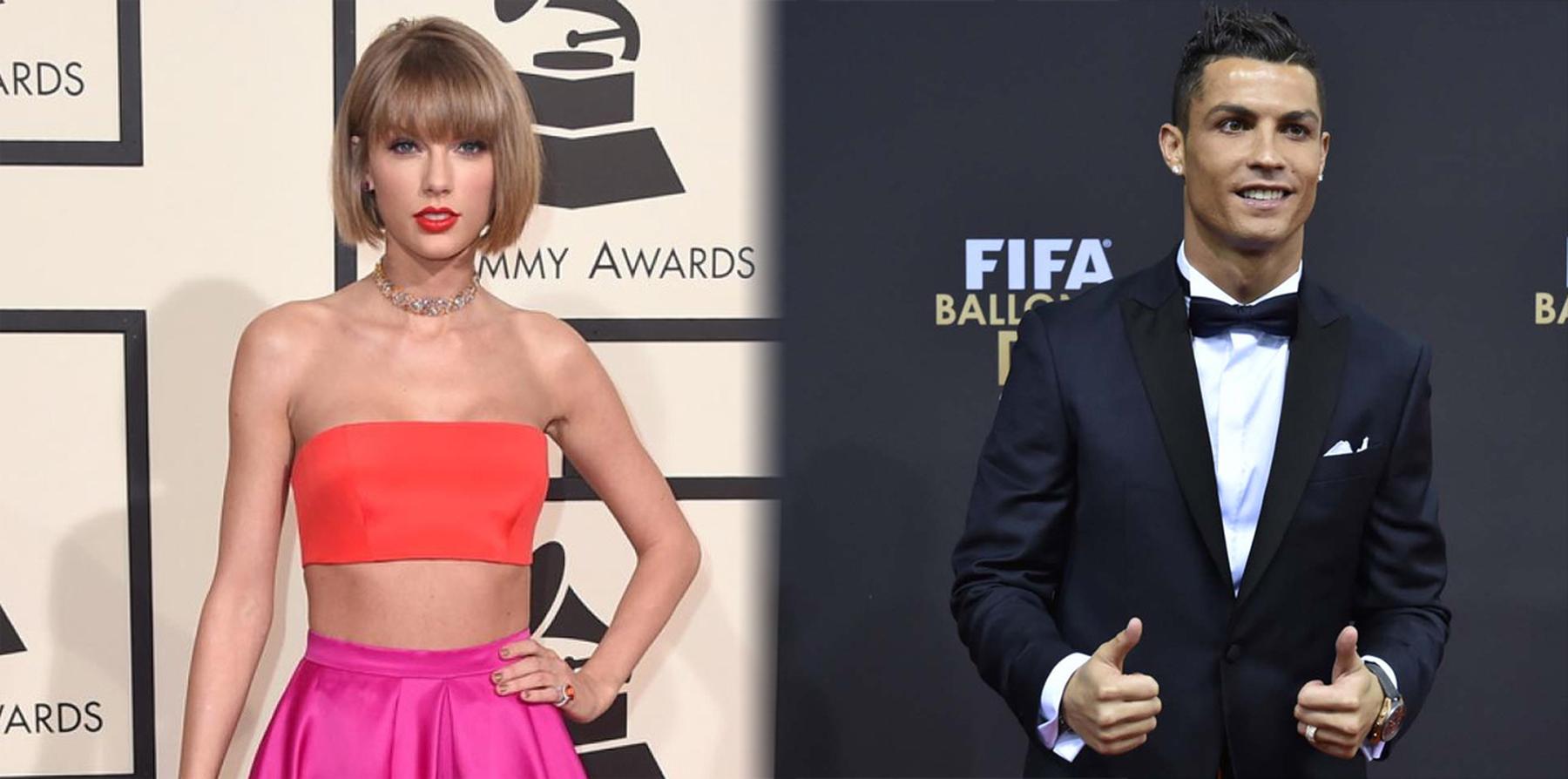IP Law Names & Trademarks; What do Neymar, Taylor Swift, Ronaldo, Messi, and Michael Jordan have in common?
They are all public figures that got their names involved in Trademark disputes arising from the abusive use of personal names by thrid parties.
The abusive use of the name of a public figure as a registered trademark raises pertinent questions regarding the extent to which it is legitimate for someone to register a trademark in order to appropriate a name and the associated visibility, aiming to gain profits. Many public figures have registered their names as trademarks, as was the case with Cristiano Ronaldo (CR7) and Lionel Messi (The Messi Store), incorporating them as integral parts of their media image strategies.
There are numerous cases of legal disputes involving the use of renowned public figures’ names in trademark conflicts. Generally, these disputes are grounded in the protection of image rights and the prevention of unauthorized exploitation of a person’s fame for commercial purposes. Such litigation often arises when someone registers the name of a famous personality as a trademark and attempts to commercially exploit their image or reputation without authorization.
Famous Cases:
Michael Jordan: A famous example is the case involving the “Michael Jordan” brand. In 2015, former basketball player Michael Jordan filed a lawsuit against the Chinese company Qiaodan Sports, accusing it of using his Chinese name and image without permission to promote sports products. The case was brought to Chinese courts, where Jordan eventually won the dispute and obtained the right to use his name on sports products in that country.
Taylor Swift: Another notable case is that of Taylor Swift. In 2014, singer Taylor Swift registered the “Swift” trademark for a range of music-related products. However, a computer company called SwiftKey, which developed a text prediction app for smartphones, filed a request to cancel the trademark, claiming that the term “Swift” was too generic and widely used in the market. The case was settled outside of court, with the technology company agreeing not to challenge the use of the “Swift” trademark by the singer.
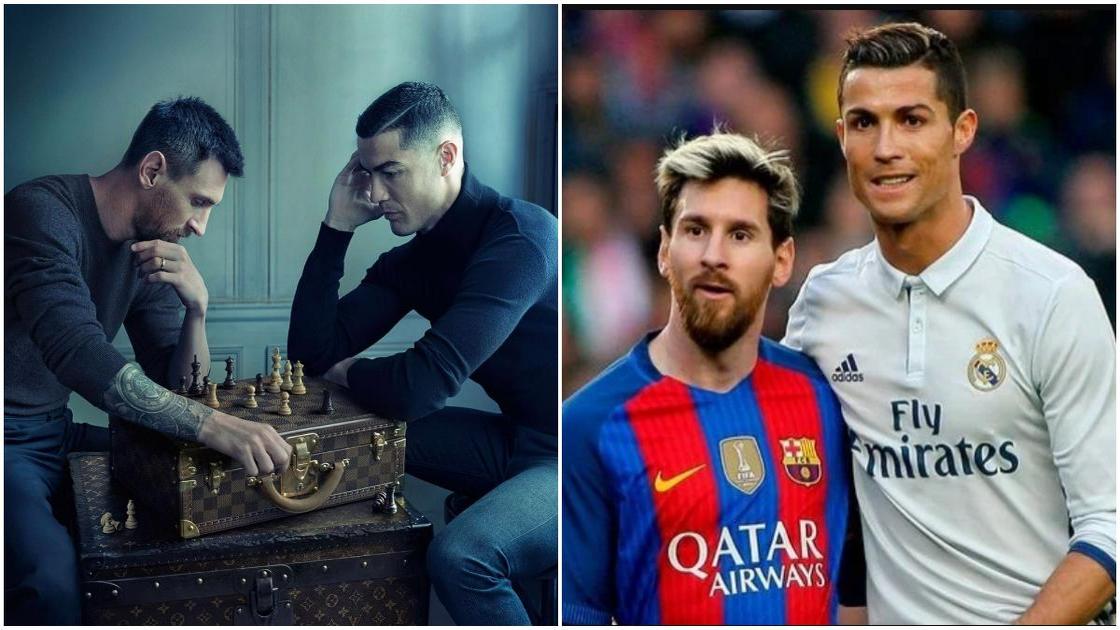 The Magnetism of Football – Messi and Ronaldo: Lionel Messi and Cristiano Ronaldo have also been involved in disputes related to the use of their names in trademarks.
The Magnetism of Football – Messi and Ronaldo: Lionel Messi and Cristiano Ronaldo have also been involved in disputes related to the use of their names in trademarks.
In Lionel Messi’s case, in 2011, a Spanish company named J.M.-E.V. and Messi Cuccittini filed a trademark application for the “MESSI” mark for various products, including sportswear and equipment. Messi contested the registration, claiming that his surname was widely known as his personal brand and that its misuse could cause confusion among consumers. In 2018, the General Court of the European Union ruled in favor of Messi, invalidating the registration of the “MESSI” mark by the Spanish company.
In Cristiano Ronaldo’s case, in 2015, a Chinese company named Xintong Tiandi Technology applied to register the “CRISTIANO RONALDO” mark in China for products such as bags, clothing, and alcoholic beverages. Ronaldo took legal action against the Chinese applicant, alleging infringement of his intellectual property rights. In 2017, a Chinese court ruled in favor of Ronaldo, stating that the use of his name in the trademark could lead to confusion and imply an unauthorized association with the player.
These cases highlight the importance of image rights and the protection of personal brands for famous public figures. Celebrities like Messi and Ronaldo have an interest in safeguarding their names and reputations against unauthorized use by third parties, especially when it can lead to confusion or the improper exploitation of their fame for commercial purposes.
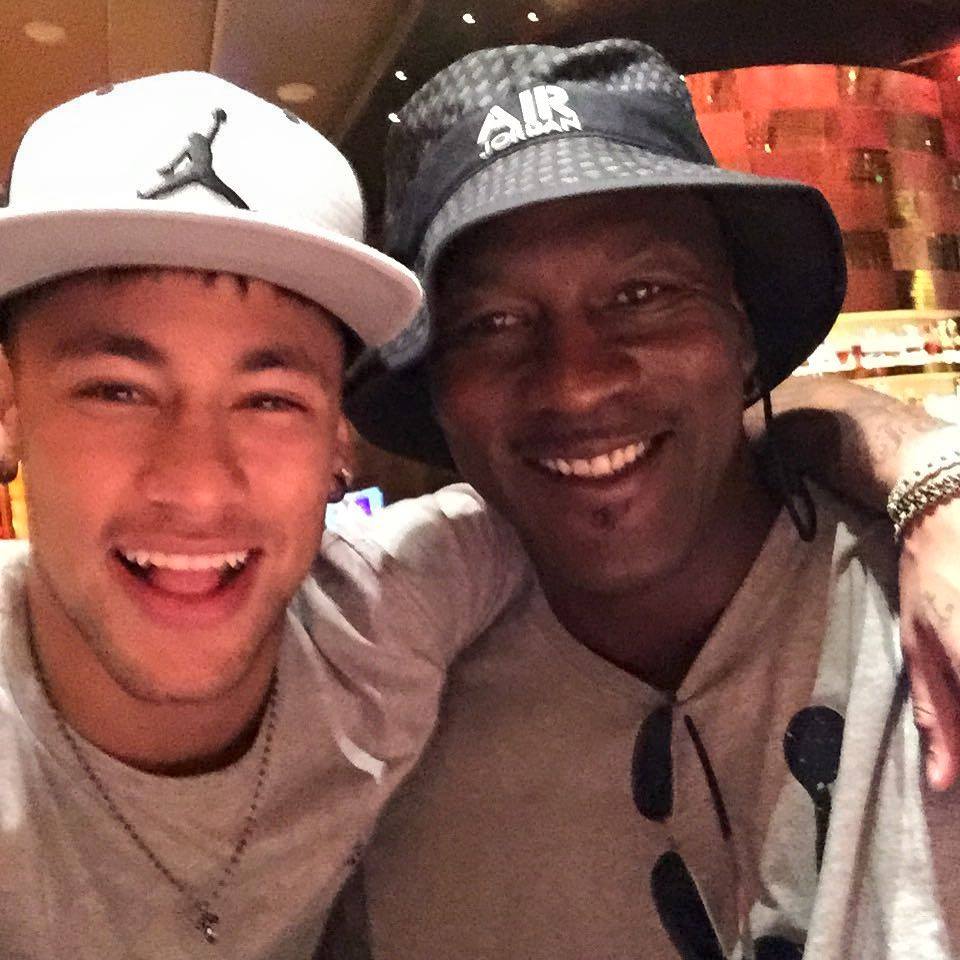
The Neymar Case: Carlos Moreira, a Portuguese citizen residing in Guimarães, submitted a trademark application for the name “NEYMAR”™ to the European Union Intellectual Property Office (EUIPO) on December 17, 2012, for clothing, footwear, and hats. This application was published in the Community Trademarks Bulletin No. 2013/002 on January 3, 2013. On April 12, 2013, the trademark was registered with the number 11432044, about two months before the talented footballer Neymar da Silva Santos Júnior transferred from Santos FC to FC Barcelona, where he stayed until the 2016/2017 season.
This publication made the trademark registration valid and effective throughout the territory of the European Union, making the Portuguese citizen the owner of the mark for almost three years.
Everything changed when, on February 11, 2016, the Brazilian player initiated legal proceedings at the Court of Justice of the European Union (CJEU) to declare the nullity of the registered mark for all designated products.
This decision may be related to the fact that the player had signed an image rights exploitation contract with the brand NIKE in 2014, which likely reinforced the need to initiate legal proceedings to protect the brand identity of products marketed under the name “Neymar Jr. Nike.”
Analyzing the case at hand: Did Carlos Moreira violate Article 52(1)(b) of Regulation (EC) No 207/2009 of February 26, 2009 [since repealed by Regulation (EU) 2017/1001 of the European Parliament and of the Council of June 14, 2017]?
According to this provision, “the Community trademark shall be declared invalid […] where the proprietor of the Community trademark has acted in bad faith when filing the application for the trademark.”
Bad faith is a determinable yet undefined notion. The CJEU, in the case of Chocoladefabriken Lindt & Sprüngli AG vs. Franz Hauswirth GmbH (C-529/07, EU: C:2009:361), established three factors that aid in the interpretation of this concept: “the applicant’s knowledge or the duty to be aware that third parties use, at least in one Member State, an identical or similar sign for identical or similar goods, which is likely to give rise to confusion with the sign whose registration is sought; the intention of the applicant to prevent that third party from continuing to use such a sign; and the legal protection enjoyed by the sign of the third party and by the sign for which registration is sought.”
The Judgment Copernicus-Trademarks vs. EUIPO – Maquet (LUCEO), T 82/14, EU:T:2016:396, added that this concept “relates to the subjective motivation of the person who files a trademark application, i.e., dishonest intention or another motive causing harm. It involves behavior that is contrary to ethical principles or fair practices in the industry or trade.”
The CJEU’s Decision: Considering that it is a subjective factor that must be assessed on a case-by-case basis, the CJEU concluded that the registration of a trademark with the name of a famous person, in itself, indicates bad faith. Therefore, the defendant’s claim that, at the time of the application, the sportsman was not yet known in Europe and that he was unaware of his rising star status in football was irrelevant.
The Court countered that Neymar was already a publicly recognized person, particularly due to his achievements with the Brazilian national team, receiving significant media attention in Europe between 2009 and 2012, especially in France, Spain, and the United Kingdom.
The trademark applicant also claimed to have chosen the name “NEYMAR” “solely and exclusively for its phonetic value, without thinking about the person’s image.”
Once again, the CJEU rejected the argument that the name was a coincidence and had no intention of exploiting the footballer’s fame, especially because on the same day he made the initial registration, the Portuguese applicant also filed an application for the “IKER CASILLAS” mark, who was the captain of Real Madrid at the time and transferred to FC Porto in 2015!
Therefore, the judges concluded that “the applicant had more than a superficial knowledge of the football world.” (sic)
Thus, on November 7, 2016, the Cancellation Division of the EUIPO upheld the Brazilian footballer’s claim, leading the Portuguese entrepreneur to file an appeal on January 11, 2017, to prevent the revocation of the mark’s registration.
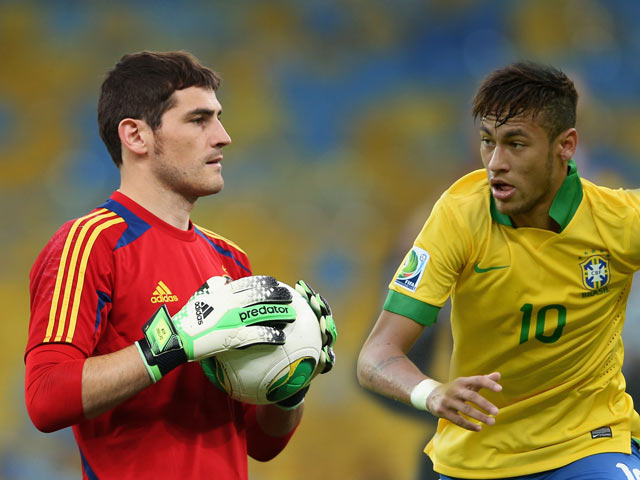
The Appeal Decision: However, the appeal instance also rejected the Portuguese entrepreneur’s claim. On September 6, 2017, the appeal was dismissed by the decision of the Second Board of Appeal of the EUIPO, which considered that the mark applicant had the intention to unduly benefit from the footballer’s reputation for financial gains.
This decision confirmed the thesis that when footballer Neymar registered the mark, he was already internationally recognized, being compared to other renowned international footballers, which sparked the interest of major European football clubs in hiring him in the future.
Interestingly, the appeal decision was issued about a month after the Brazilian player completed the most expensive transfer in the history of football at the time, moving from FC Barcelona to Paris Saint-Germain FC for €222 million!
One may say that “NEYMAR”™ received a red card!
